Whether you put together a formalized CFA study plan or not, the real challenge when it comes to CFA exam prep is to ensure that you have an effective study strategy. To do so, you will need to prioritize the areas in which you focus your attention. In this post, I’ll help you put together a solid study plan that should raise your probability of passing significantly. Following it is up to you, and will likely take a lot of focus.
Let’s get into it.
First, Toss Out Your Old CFA Study Plan
I have seen many of the students that I tutor for the CFA Level 1 start with an elaborate CFA study plan. From color coordinated study plans, to complicated study schedules worked out on Excel, the most important part of the plan is its efficacy. When starting your CFA study plan (I recommend doing this before you even register for the CFA exam), first consider how much time you have to study. If it’s less than 200 hours, you might want to rethink your CFA registration.
As you will hear again and again, the average expected study time needed to pass the CFA exam is 300 hours. If you want to really increase the probability of passing, I highly recommend that you increase that number to north of 400. Why even risk a failed CFA Level 1 exam (or Level 2 or 3…you get the point).
Once you are confident that you have enough time on your hands, you should register. Once registered, it’s time to prioritize your CFA study plan. A good study plan will involve some multi-tasking but nothing too complicated. First, be sure to include at least 45 minutes per week of the Ethics section. This section is a significant portion of the exam (15% of CFA Level 1), and one that takes constant attention. There are so many possible scenarios thrown at you in the Ethics section that I recommend doing at least 25 questions per week (over the course of at least 20 weeks) to really solidify your depth and breadth of knowledge here.
Next, prioritize the other major sections of the exam.
Prioritize Your CFA Study Plan With What Matters Most
After Ethics is worked into your study schedule, now it’s time to find time for the other subjects. The Financial Reporting and Analysis (FR&A) section is next. Spend at least 4 weeks (at the beginning of your study schedule) studying this section. It’s imperative that you do well, or at least reasonably well, in this section since it is worth 20% of the total (for CFA Level 1). It builds on itself for CFA Level 2 as well, so it’s worth the time spent.
Spend two weeks reading this entire section, and then another two weeks with practice questions. For practice questions, I highly recommend Schweser’s CFA QBank. I know almost no one that has successfully made it through the CFA exam without the QBank.
Next, move on to Quant and Corporate Finance. These two sections have some overlap and go well together. Thus, you will improve your studying efficiency if you study these two at the same time. Depending on your familiarity with statistics and/or corporate finance, this should take about three weeks.
Remember: You should still be studying Ethics for 45 minutes a week during this time.
Next, spend another four weeks on Equities and Fixed Income. With Equities and Fixed Income, you will likely need more time for Fixed Income than Equities (at least that is what I see most often as a CFA tutor). Split it up with 1.5 weeks for Equities, and 2.5 weeks for Fixed Income if that works for you.
Leave the Least for Last
At this point, you still have Economics, Alternative Investments, Portfolio Management, and Derivatives left. Start with two weeks to focus on Economics. Get through the readings, and do at least 100 practice questions for the Economics section. I believe you should aim for somewhere between 100 and 200 practice questions per section (except FR&A where you should aim for 300 to 400, in my view).
Around this time, you should circle back to begin your review of the FR&A and Quant sections. Don’t be surprised if the hours you need to study starts to ramp up toward 20 hours per week. To really make sure you understand everything, this might be necessary.
The review of FR&A and Quant are critical since they are such large proportions of the exam. FR&A, Quant, and Ethics make-up almost 50% of the exam.
Finally, leave yourself at least three weeks to study Derivatives, Portfolio Management, and Alternative Investments. Focus less on Derivatives and more on Portfolio Management. Derivatives is a fairly small section (as of this writing), and Portfolio Management becomes much more important in later exams, so it’s worth the effort now.
When you have finished learning the curriculum, be sure to leave yourself at least four weeks to exclusively work on practice questions. If you haven’t done more than 2,000 practice questions from the QBank, you may need to do more. Do as many as you possibly can, or until you feel confident (and as long as your score supports that confidence!).
Plan to Throw Out Your CFA Study Plan
While all of the above sounds ideal, there is a reason so many people fail these exams. Real life often gets in the way. Do your best to recognize that your CFA study plan won’t likely turn out the way you like, but do your best to stick to something as close as possible to it. In the end, the CFA exam won’t likely make or break your career, but if you’re looking for a good way to give a boost study hard and often! Good luck!
